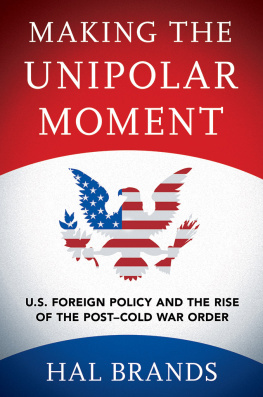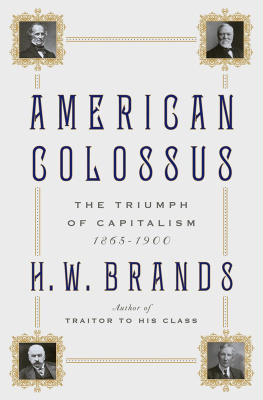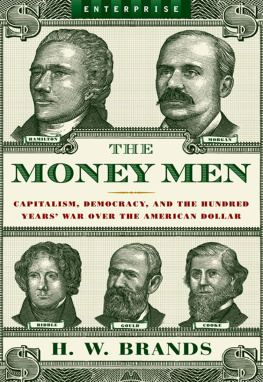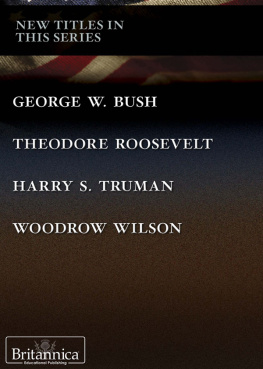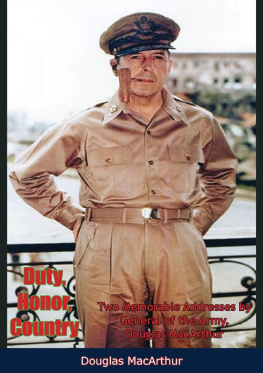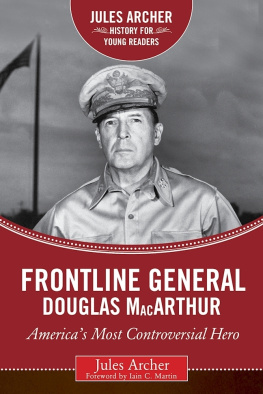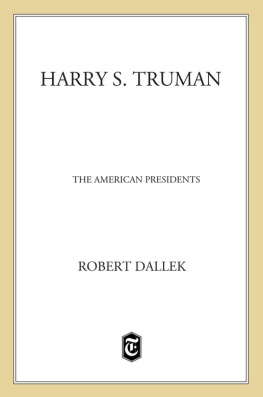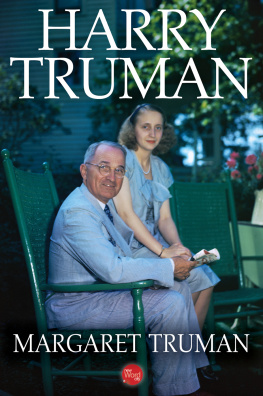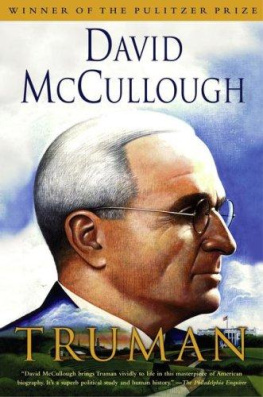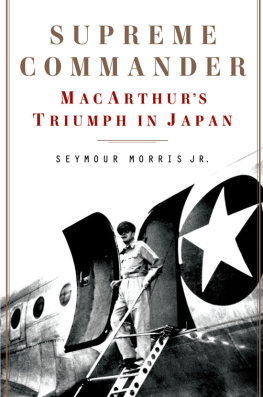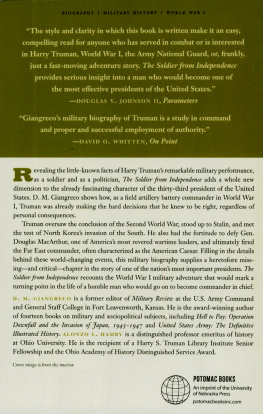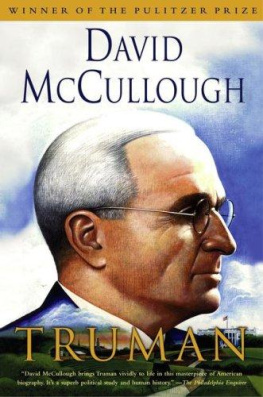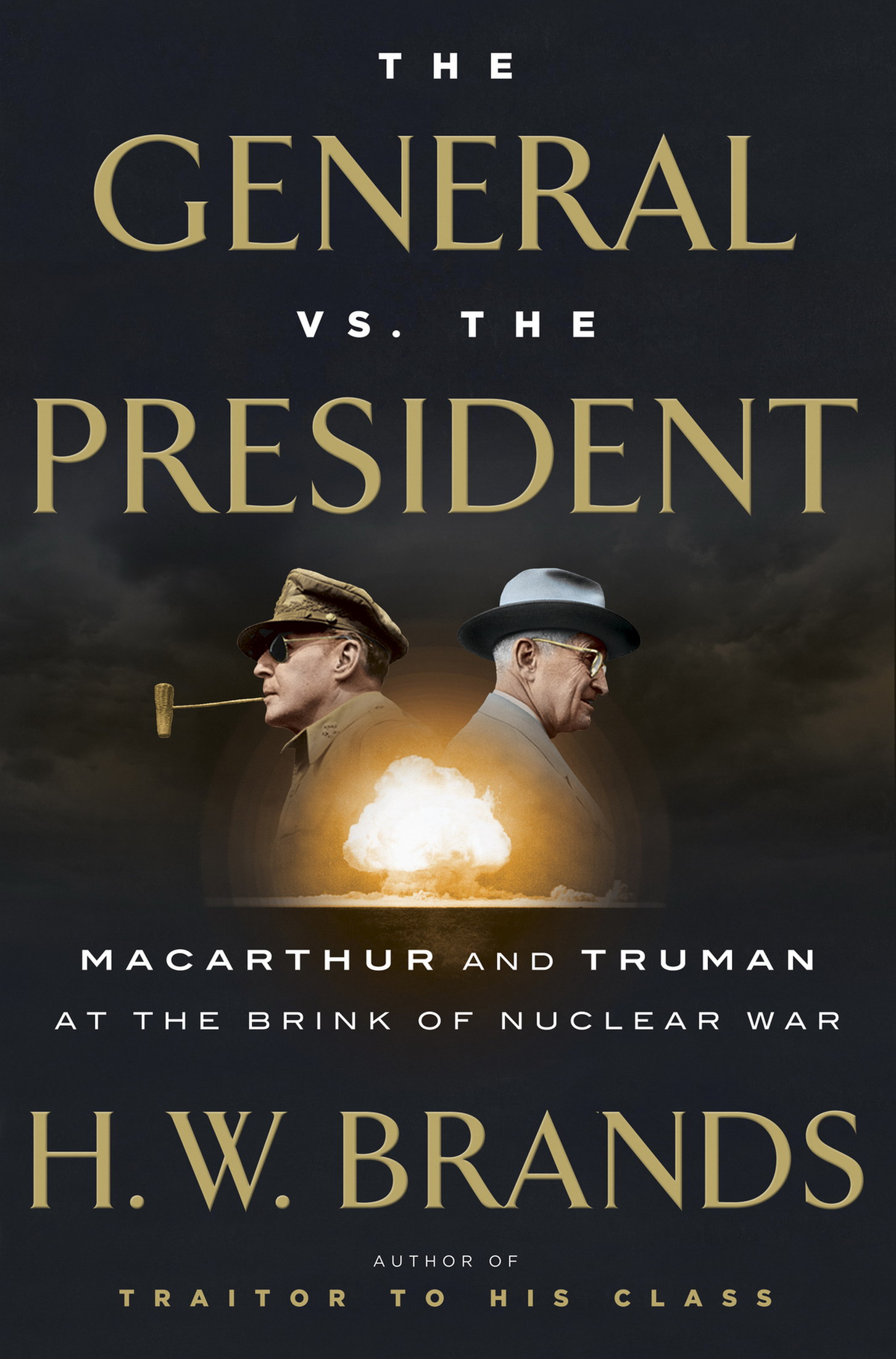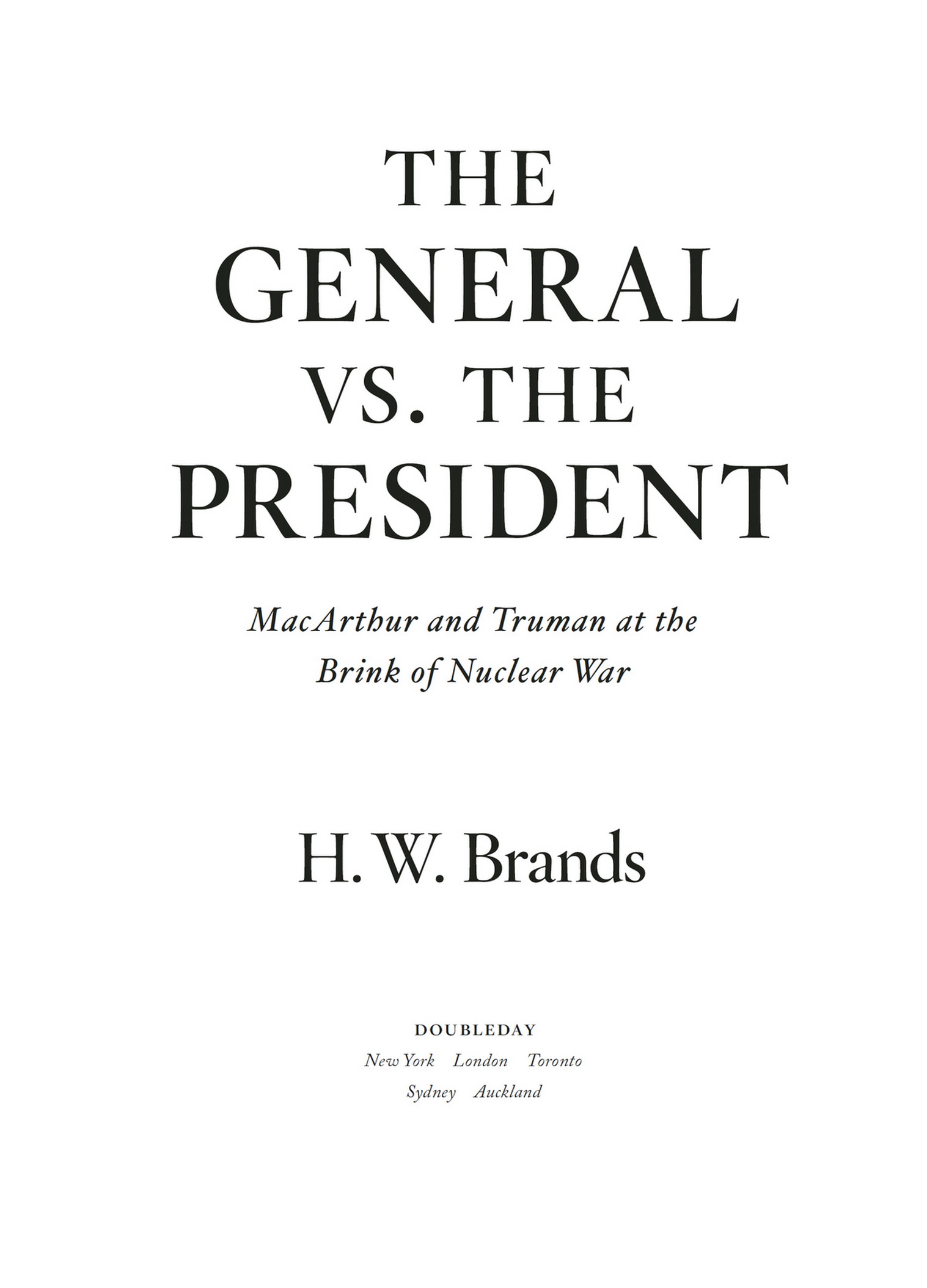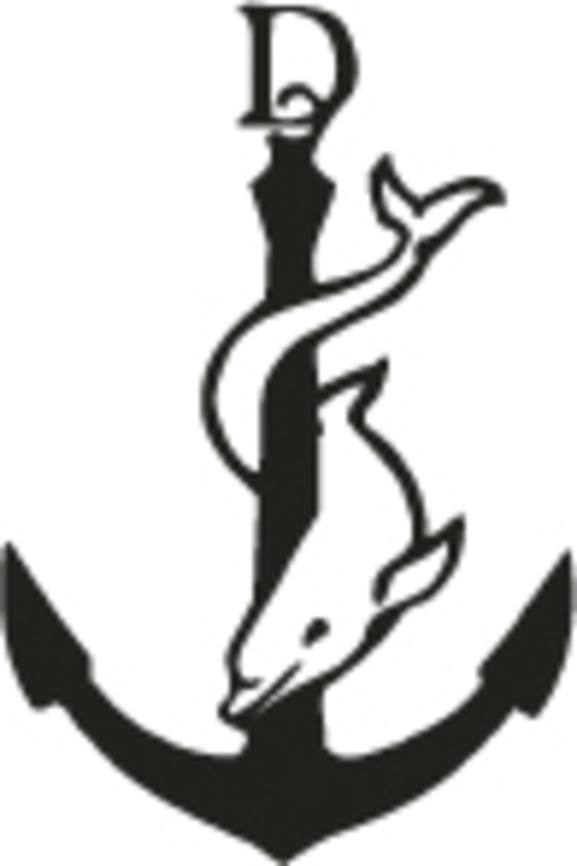Contents
Also by H. W. Brands
The Reckless Decade
T.R.
The First American
The Age of Gold
Lone Star Nation
Andrew Jackson
Traitor to His Class
American Colossus
The Murder of Jim Fisk for the Love of Josie Mansfield
The Man Who Saved the Union
Reagan
Copyright 2016 by H. W. Brands
All rights reserved. Published in the United States by Doubleday, a division of Penguin Random House LLC, New York, and distributed in Canada by Random House of Canada, a division of Penguin Random House Canada Limited, Toronto.
www.doubleday.com
DOUBLEDAY and the portrayal of an anchor with a dolphin are registered trademarks of Penguin Random House LLC.
Cover design by Michael J. Windsor
Cover images: (left) Douglas MacArthur: US Army/The LIFE Picture Collection/Getty Images; (right) President Harry S. Truman: George Skadding/The LIFE Picture Collection/Getty Images (both colorized); (center) first atomic explosion, July 16, 1945: Everett Historical/Shutterstock
Library of Congress Cataloging-in-Publication Data
Names: Brands, H. W., author.
Title: The general and the president : MacArthur and Truman at the brink of nuclear war / H. W. Brands.
Description: First edition. | New York : Doubleday, [2016] | Includes bibliographical references and index.
Identifiers: LCCN 2016021412 (print) | LCCN 2016028026 (ebook) | ISBN 9780385540575 (hardcover) | ISBN 9780385540582 (ebook) |
Subjects: LCSH: Truman, Harry S., 18841972Political and social views. | MacArthur, Douglas, 18801964Political and social views. | Nuclear warfareGovernment policyUnited StatesHistory20th century. | United StatesMilitary policy. | PresidentsUnited StatesBiography. | GeneralsUnited StatesBiography. | World War, 19391945Influence. | Cold WarPolitical aspectsUnited States. | Korean War, 19501953Diplomatic history. | Korean War, 19501953China. | BISAC:
HISTORY / United States / 20th Century. | HISTORY / Military / Korean War. | BIOGRAPHY & AUTOBIOGRAPHY / Presidents & Heads of State.
Classification: LCC E814 .B73 2016 (print) | LCC E814 (ebook) | DDC 973.918092dc23
LC record available at +https://lccn.loc.gov/2016021412
Ebook ISBN9780385540582
v4.1
a
CONTENTS
PART ONE
Two Roads Up the Mountain
PART TWO
Test of Nerve
PART THREE
An Entirely New War
PART FOUR
The General vs. the President
PART FIVE
Fade Away
PROLOGUE
December 1950
C LEMENT A TTLEE DIDN T like appearing flustered. The British prime ministers predecessor, Winston Churchill, was the one who indulged in dramatics: the speeches about blood, sweat and tears; finest hours; Iron Curtains. Attlee had evicted Churchill from 10 Downing Street at the end of World War II in no small part because the British people wanted less drama and more predictability. Yet the sudden news from America had even Attlee sweating. The House of Commons was debating the optimal course of British foreign policy when the BBC brought word that Harry Truman was brandishing the atom bomb against China. This itself horrified the British lawmakers. The American president was the only person in history who had ordered the use of the monstrous weapon, and a man who had atom-bombed Japan might, without additional scruple, do the same to China. But there was a crucial new element, these five years after Hiroshima and Nagasaki, that made the prospect still more appalling. The Russians had the bomb, too, and were Chinas allies. A nuclear war in 1950 would not be one-sided.
And there was something else, something that pushed the alarm level in Britain far past that of any previous Cold War crisis. By Trumans own statement, the decision on use of the atom bomb rested with the American field commander in Korea, Douglas MacArthur. Attlee and many others in Britain could think of no one more frightening than MacArthur to have control of the bomb. MacArthur was brilliant, brave and imaginativeeven his critics granted that. But the general had isolated himself so long in Asia, and surrounded himself with such sycophants, that he had lost all perspective. He suffered from an extreme version of the theater commanders habit of thinking his own region the pivot of any conflict. During World War II MacArthur had behaved as though fascism would triumph or be defeated according to the outcome of battle in the Pacific; in the Cold War he contended that communism would win or lose depending on what happened in Asia. He had chafed at the communist victory in Chinas civil war, now a year past. The outbreak of fighting in Korea five months ago had given him his chance to engage the communists, and the sudden entry of China into the conflict, just a week ago, had raised the stakes dramatically. MacArthur seemed to relish the opportunity to smash the communists, using whatever weapons were available. And now Truman was making the ultimate weapon available.
The House of Commons burst into an uproar on hearing the word from Washington. Members of Attlees Labour party, already convinced that the Americans were reckless and MacArthur was a maniac, threatened a mutiny against their prime minister for his support of the American-led effort in Korea. To quell the uprising, Attlee announced that he would travel to America. He implied that he would talk sense and restraint into Truman. But he knew, and they knew, that this was more than he could guarantee. The mutiny hung fire, stemmed for the moment yet hardly vanquished.
Britains alarm was broadly shared. None of the countries that had supported the United States in the defense of South Korea had bargained on the fighting there triggering World War III. The French distrusted MacArthur even more than the British did, and made no secret of the fact. The French National Assembly called for immediate negotiations to defuse the crisis in Korea. French premier Ren Pleven hastened to London to meet Attlee before the British prime minister left for Washington, and to lend his voice to those insisting that the Americans refrain from rash moves. Fear of the bomb united rightist and leftist parties in Italy, where protesters branded Truman a war criminal. West German officials, on the front line of the Cold War in Europe, refused to comment publicly but privately said Americas use of the bomb against China would almost certainly compel a Russian response, probably against them. Indias government, which earlier had conveyed a warning from Beijing that the Chinese would enter the Korean conflict if MacArthur insisted on sending U.S. troops to the Korean-Chinese bordera warning MacArthur had airily dismissednow predicted that a resort to greater force would provoke a cataclysm. Pope Pius XII urged Catholics to pray that the world might be spared.


